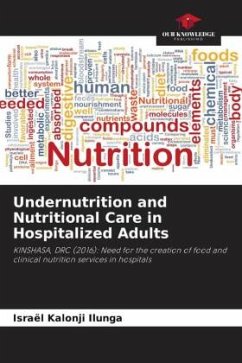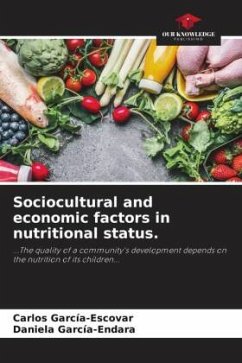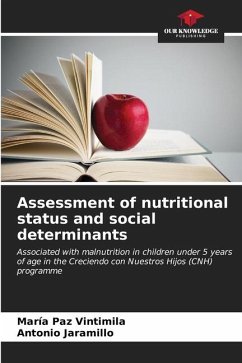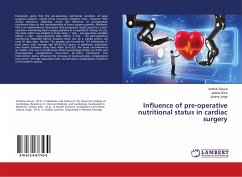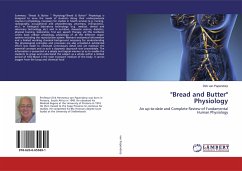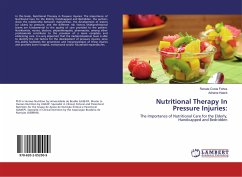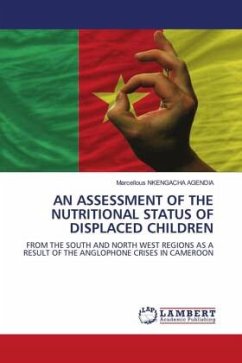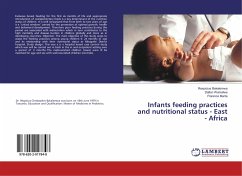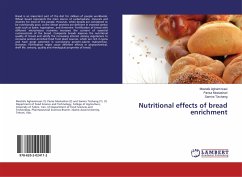
Nutritional effects of bread enrichment
Versandkostenfrei!
Versandfertig in 6-10 Tagen
24,99 €
inkl. MwSt.

PAYBACK Punkte
12 °P sammeln!
Bread is an important part of the diet for millions of people worldwide. Wheat bread represents the main source of carbohydrate, minerals and vitamins for most of the people. However, white breads are considered to be nutritionally poor, as the wheat proteins are deficient in essential amino acids such as lysine, tryptophan, and threonine. Fortification of bread with different micro/macro nutrients increases the content of essential nutraceuticals of the bread. Composite breads improve the nutritional quality of bread and satisfy the increasing interest among vegetarians to consume protein-enr...
Bread is an important part of the diet for millions of people worldwide. Wheat bread represents the main source of carbohydrate, minerals and vitamins for most of the people. However, white breads are considered to be nutritionally poor, as the wheat proteins are deficient in essential amino acids such as lysine, tryptophan, and threonine. Fortification of bread with different micro/macro nutrients increases the content of essential nutraceuticals of the bread. Composite breads improve the nutritional quality of bread and satisfy the increasing interest among vegetarians to consume protein-enriched food from plant sources, which are rich in lysine and have great potential in overcoming protein-calorie malnutrition. However, Fortification might cause different effects in physiochemical, shelf life, sensory, quality and rheological properties of bread.




